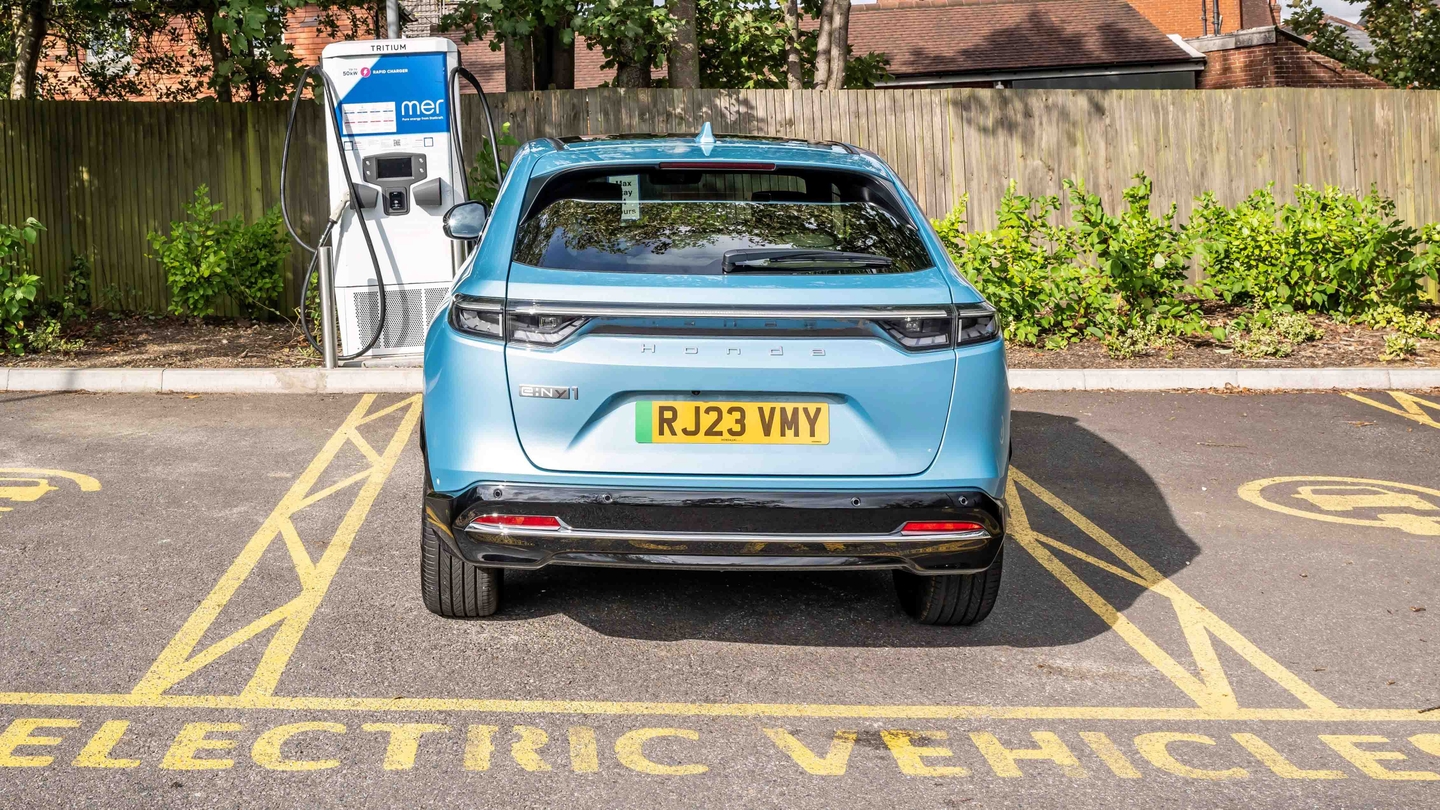In a surprising turn of events, the details of the Budget have been leaked early by the Office for Budget Responsibility.
The main news for motorists is the introduction of a new pay-per-mile road tax on electric cars, which has been widely reported leading up to the Budget.
Also referred to as 'road pricing', the new tax will cost 3p per mile for fully electric vehicles and 1.5p per mile for plug-in hybrids. That would equate to an extra £300 a year if you drive 10,000 miles a year in an electric car.
The purpose of the road pricing tax will be to fill the gap in fuel duty revenue that's been caused by more and more drivers switching to electric vehicles. Introducing this tax is expected to bring in £1.4 billion in revenue.
The luxury car tax will be raised for electric cars, from the current £40,000 threshold to £50,000 – but it's unlikely to be back-dated for £40k+ EVs registered since April 2025.
The new mileage tax will be introduced in April 2028, at the start of the 2028-29 financial year. The Office for Budget Responsibility report states that, in subsequent years, the cost of the mileage tax will rise in line with the Consumer Prices Index.
It's not yet clear how this tax will be collected or monitored.
The Government did introduce its electric car grant earlier in the year – which gives discounts of either £1,500 or £3,750 on eligible new EVs – but the new tax shows the Government is giving with one hand and taking away with the other.
At the same time, petrol and diesel car drivers have received some positive news. The 5p cut in fuel duty – announced in 2022 – will be frozen until September 2026. Staged increases will take place in 2026 and subsequent years.
The Motability scheme is under scrutiny in this Autumn Budget. Drivers with disabilities who receive the Personal Independence Payment (PIP) can lease a new car under the scheme, giving them modern but affordable transport. Luxury car models are now going to be excluded from the scheme, and the Chancellor's comments suggest that the PIP eligibility criteria may be tightened to reduce the cost of the Motability programme.
Reeves' Budget also includes an expansion of the sugar tax to include packaged milkshakes and iced coffees, an increase in the minimum wage and higher tax on houses worth more than £2 million.
Need an economical car? Read our guide to the best cheap-to-run cars.



































